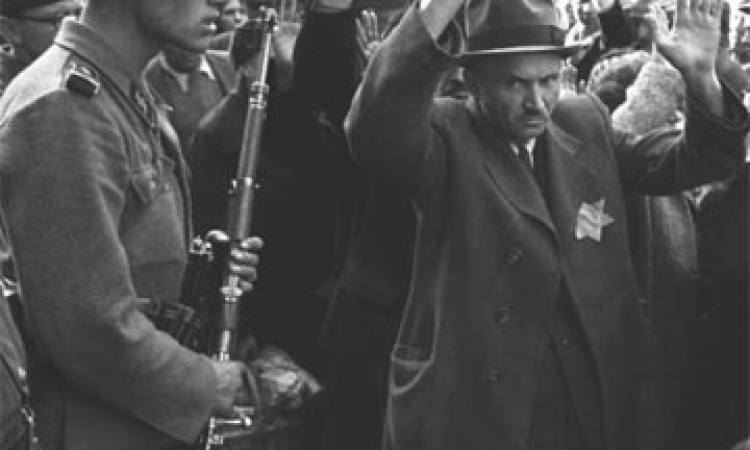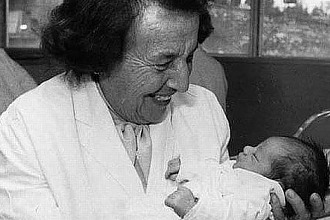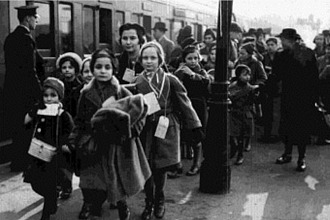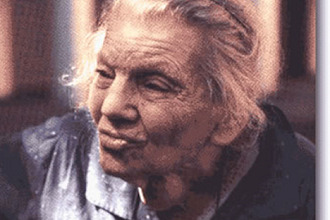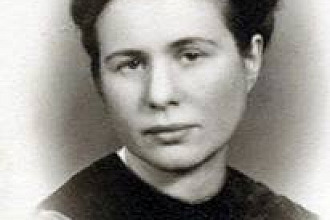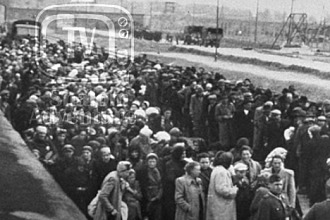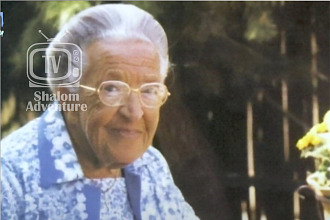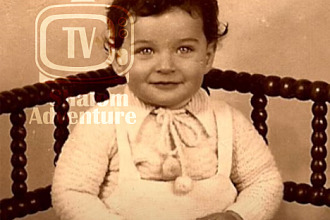Contrary to the views of some authors, anti-Semitism alone was not responsible for the Holocaust.
Other social, cultural, and psychological factors existed in Germany when Hitler came to power and combined with anti-Semitism to make the Holocaust possible. They are: the tradition of obedience to authority; conformity to group norms; deliberate training for acceptance of violence against Jews; and the practical experience with mass murder gained during the earlier "euthanasia" program directed at the physically disabled.
Insights gained from laboratory studies of obedience and conformity are used to obtain an understanding of the circumstances under which seemingly normal individuals were led to commit mass murder. The aggression and violence exhibited by perpetrators do not require special explanations. The learning processes involved were the same as those that are involved in the acquisition of other behaviors (e.g., modeling by admired and powerful leaders, environmental cues to elicit violent behavior, and rewards for violence).
Adolf Hitler took advantage of the German people's resentment for the loss of World War I and desperate economic conditions in Germany to gain support for the National Socialist movement. He blamed "Jewish Financing" for the defeat of Germany and linked the Jews with Bolshevism. Hitler believed that Germany needed territory, given its growing population. He looked to the Eastern territories of Poland, Ukraine, and greater Russia to resettle. For this resettlement to occur, the people living there would have to be displaced. The people in the Eastern territories were believed to be inferior. Hitler believed that the German blood had been polluted. In his book Masters of Death, Richard Rhodes describes the view of Henry Friedlander, a preeminent historian of Hitler's eugenic policy.
The usual interpretation [of the Holocaust] assigns the role of racial victim exclusively to the Jews, and sees anti-Semitism as the only ideological basis for mass murder. I do not deny that anti-Semitism was a major component of Nazi ideology. I agree that the Nazi viewed the Jews as chronic enemies, and that Hitler's preoccupation with the imagined Jewish threat placed the struggle against Jews high on the list of priorities. But I do argue that anti-Semitism was only part of a larger worldview, which divided mankind into worthy and unworthy populations. Both Nazi ideologues and race scientists believed that German blood had been polluted, and that it was the nation's primary task to purge the German gene pool. The enemies were (1) the handicapped, who were considered "degenerate." And (2) "alien races," which in Central Europe meant Jews and Gypsies, since both were considered non-European nations that could not be assimilated.
This philosophy was taught to the Schutzstaffel (SS) early in their training and was continually reinforced. German military training at the time was known for its use of brutality to command discipline. The SS were trained, believed what they were taught and were ready to carry out the orders of Adolf Hitler.
Many factors came together at the same time to make the Holocaust possible. Economic conditions in Germany after World War I, the quest for more territory, the belief in a German master race and the German tradition of obedience to authority all contributed to the Holocaust. Hitler's anti-Semitism was more fundamental to his attitude toward the Jews than his imperialistic, extreme Eastern policy. The Third Reich actively worked to destroy many other groups besides the Jews. The Jews were first in line.
Written by: Walter S Zapotozcny
Originally from here
Picture by: Faupel
Posted on ShalomAdventure.com by: Brenda Miller

